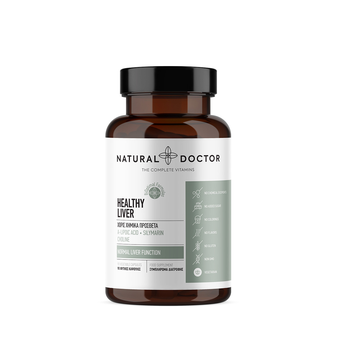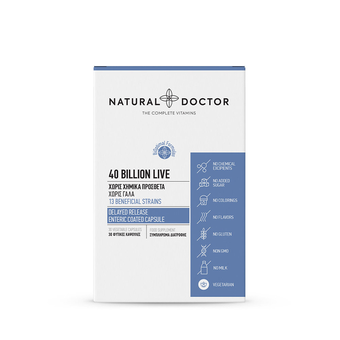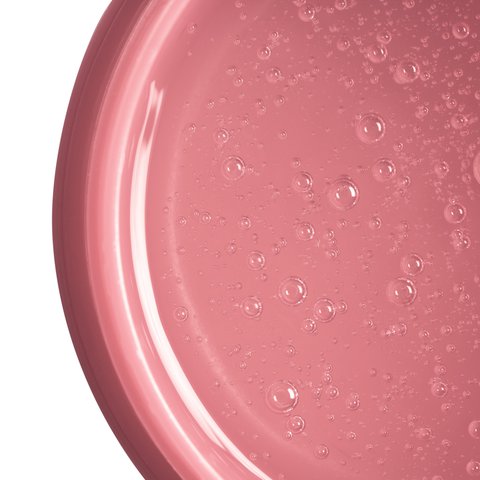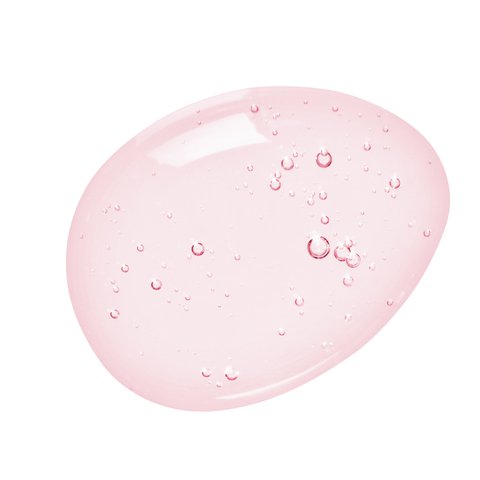Signs that your body needs detoxification
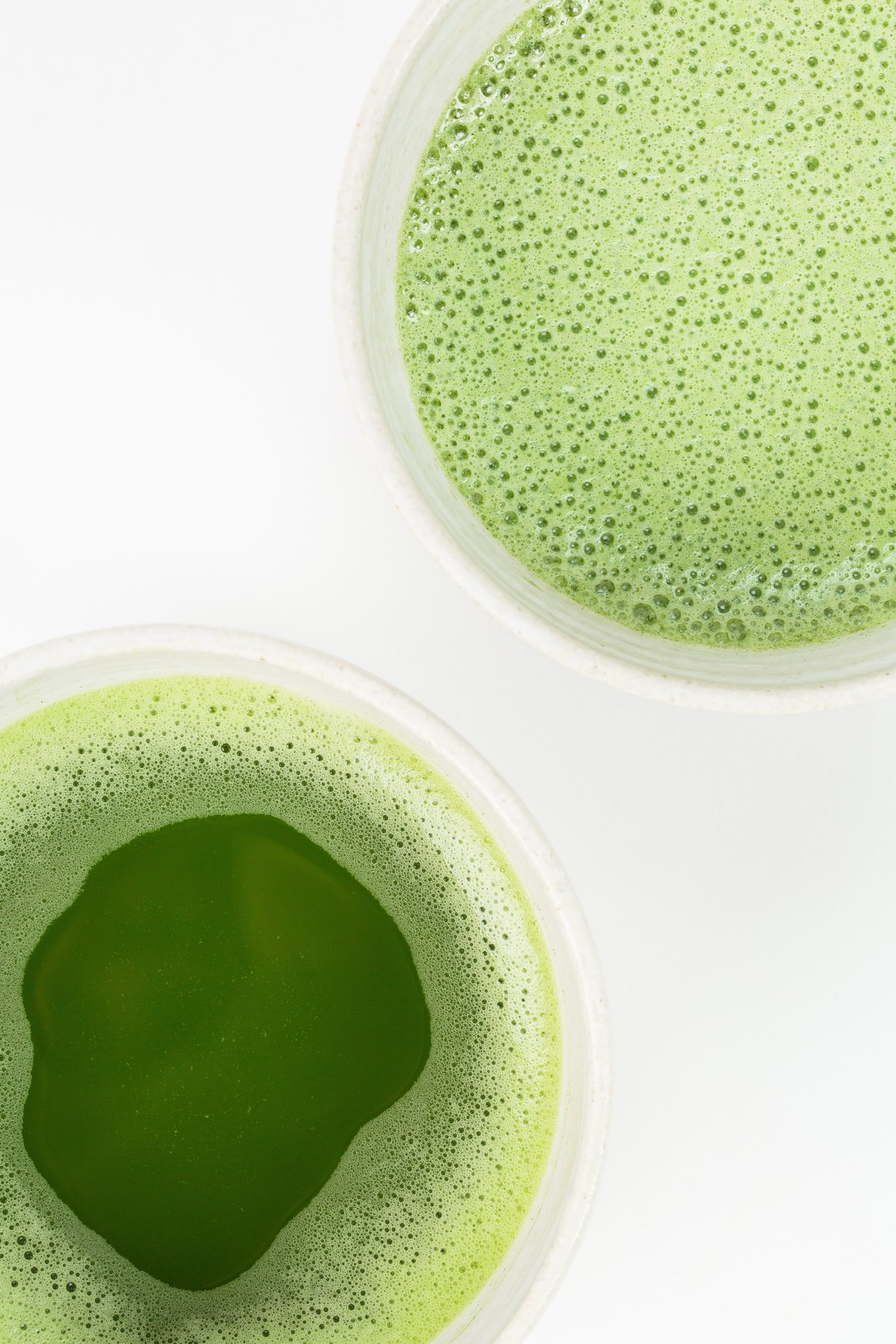
The term detox often brings to mind the image of a person drinking fruit and vegetable juices or broths.
While many "detox" fads come and go with promises of weight loss and a youthful appearance, they may not be the safest or most effective way to go, as they often deprive your body of the essential nutrients it needs to function normally, leaving you feeling weak and exhausted.
Considering that our food is full of pollutants and chemicals, the benefit of a good detox might be worth it, but it is not. Detoxification is a natural process in the body where multiple body systems work together to "detox" it day and night.
We are exposed to toxins from diverse sources: the air we breathe, the food and liquids we consume, the cosmetic and personal hygiene products, and even the detergents we disinfect our homes. Detoxifying the pollutants we carry should occur regularly so that our bodies are not overburdened with stored toxins.
Some signs that your body is not removing toxins as efficiently as it should be are the following:
- Low metabolism
- Constipation
- Body odor
- Acne
- Cellulite
What exactly does detox mean?
Detoxification is the body's metabolizing and eliminating foreign substances, including toxins, drugs, and chemicals. Many organs and systems of the body are involved in detoxification, including the liver, kidneys, digestive system, skin, and even the lungs.
The liver, however, does most of the work of metabolizing toxins. In addition, healthy liver detoxification is essential to support hormone metabolism, including estrogen, as an overworked liver can cause symptoms of hormone imbalance.
How does detox work?
As the primary detoxification organ, the liver plays a critical role in converting foreign and toxic substances into forms that can be removed from the body.
While water-soluble toxins are processed by our kidneys and easily discharged in the urine, toxins such as environmental pollutants are fat-soluble and require more complex elimination mechanisms.
Two stages of liver detoxification are required for fat-soluble types of toxins: phase I and phase II. Phase I liver enzymes convert fat-soluble toxins into "intermediate" water-soluble forms to facilitate their elimination.
The paradox, however, is that these "intermediates" are, in many cases, more harmful to the body than the original toxin. Thus, phase II enzymes must perform equally efficiently to convert these intermediate forms into safer forms to minimize their potentially damaging effects.
Phase II liver enzymes neutralize intermediate metabolites by linking them to other substances, which increases their solubility and supports their excretion from the body.
Types of detoxification
During a strict fast, no food or drink is consumed except water or unsweetened herbal teas. The duration of a fast spans from 12 hours to three weeks. A maximum of three days fasting is usually advised due to the risk of rapid weight loss and loss of lean muscle.
Although there is evidence that both fasting and intermittent fasting of 12-18 hours a day are beneficial, extreme calorie restriction can lead to low blood sugar and unpleasant symptoms, such as irritability, fatigue, weakness, and headaches.
Although detoxification with fruit and vegetable juices is quite popular as they offer plenty of vitamins and antioxidants, they also contain a lot of sugar, especially fruit juices. While vegetable juice won't be as high in sugar, all juices lack fiber, which is essential for healthy detoxification and elimination.
Whatever type of detox you decide to follow or not, you should avoid alcohol, smoking, sugar, and processed foods. Combine Healthy Liver with 40 Billion Live for maximum detoxification support, which also supports a balanced microbiome.
